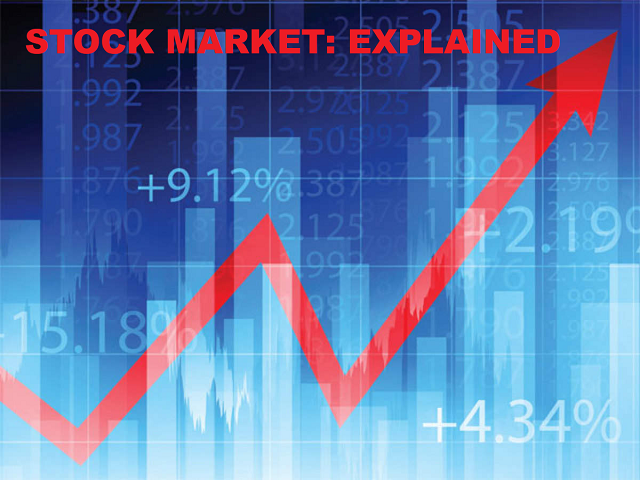WEBSITES

A markets Forex | ECB international
May 2, 2023
A share market, also known as a stock market or equity market, is a platform where individuals and institutions buy and sell shares of publicly traded companies. It provides a marketplace for companies to raise capital by issuing shares and allows investors to participate in the ownership and potential growth of these companies. Here are some key points about share markets:
- Stock Exchanges: Share markets operate through organized exchanges, such as the New York Stock Exchange (NYSE), NASDAQ, London Stock Exchange (LSE), Tokyo Stock Exchange (TSE), and many others. These exchanges provide the infrastructure, rules, and regulations for trading securities.
- Publicly Traded Companies: Share markets primarily deal with the trading of shares of publicly traded companies. These companies issue shares to the public through an initial public offering (IPO) or other methods, enabling investors to become partial owners and share in the company's profits.
- Share Prices and Valuation: Shares are bought and sold at market-determined prices, which fluctuate based on supply and demand dynamics. The valuation of shares is influenced by factors such as the company's financial performance, industry trends, economic conditions, and investor sentiment.
- Market Indices: Share markets often have benchmark indices that track the overall performance of the market or specific sectors. Examples include the S&P 500 in the United States, FTSE 100 in the UK, and Nikkei 225 in Japan. These indices provide insights into market trends and serve as indicators of overall market performance.
- Trading Mechanisms: Share markets facilitate trading through various mechanisms, including traditional open outcry trading (where traders physically gather on a trading floor) and electronic trading systems that match buy and sell orders electronically.
- Participants: Share markets involve various participants, including individual retail investors, institutional investors (such as mutual funds, pension funds, and hedge funds), and market makers who provide liquidity to the market. Brokers act as intermediaries, facilitating trades between buyers and sellers.
- Investment Strategies: Investors employ different investment strategies in share markets, such as long-term investing, value investing, growth investing, and day trading. These strategies vary in terms of investment horizon, risk tolerance, and expected returns.
- Regulatory Oversight: Share markets are subject to regulations imposed by government bodies and regulatory authorities to ensure fair trading practices, transparency, and investor protection. Regulatory bodies set rules and guidelines for market participants and oversee compliance with securities laws.
- Risk and Volatility: Share markets are inherently risky, and the value of shares can fluctuate significantly over time. Market volatility can be influenced by economic factors, geopolitical events, corporate earnings announcements, and investor sentiment.
- Investment Research and Analysis: Investors rely on fundamental analysis (evaluating a company's financials, industry position, and management) and technical analysis (examining historical price and volume patterns) to make informed investment decisions.
It's important to note that investing in share markets involves risks, and it's advisable to conduct thorough research, diversify investments, and consider seeking professional financial advice before making investment decisions.
For More : https://www.ecbinternational.com/


